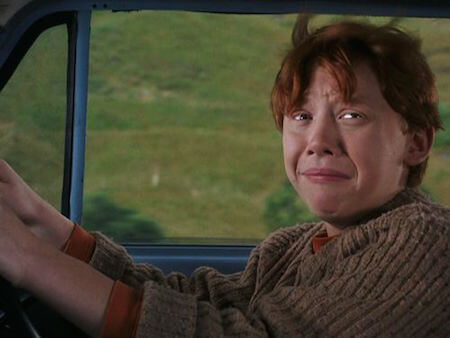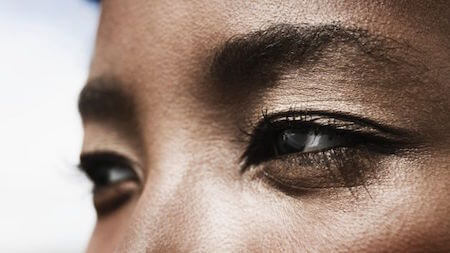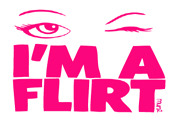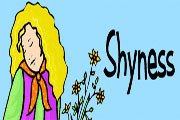You may not even realize it, but your body is communicating all the time. Whether you are crossing your arms, shrugging your shoulders, pointing in a certain direction, or even glancing from side to side, your body is telling others something about how you are feeling and what you are doing. The amazing thing is, humans have been developing this behavior over thousands of years!
The History of Body Language
- When we refer to body language these days, we often think of it in terms of flirting or as a way of showing another person how we feel about them.
- However, it has a more primitive purpose.
- Body language is a prime way to show another human being that we are uncomfortable or in danger, without having to waste time on verbal or written communication.
- For example, a heavily flushed face can show that a person is overheated, which could indicate heat or sun stroke.
- Our emotions, such as a fear, also show on our faces, which can be helpful in alerting another person to a problem we are having.
 Ron is effectively using body language to show fear!Courtesy of Warner Brothers
Ron is effectively using body language to show fear!Courtesy of Warner Brothers
Social Body Language
- Body language can also be extremely useful in social situations.
- One of the first things a person who has to speak publicly (teacher, comedian, politician, etc.) learns is that an audience automatically reads body language and will adjust their responses accordingly.
- For example, if your arms are crossed it can seem to others as though you are cutting yourself off from them, which may make them not want to trust you or open up to you.
 She may be smiling, but her crossed arms are telling us that she's closed offCourtesy of Forbes
She may be smiling, but her crossed arms are telling us that she's closed offCourtesy of Forbes
Body Language Around the World
- Much of our body language is universal, but different cultures do have different ways of expressing themselves.
- It might be a good idea to do some research on this if you plan on traveling out of the country!
- If you are heading to an Asian country, for example, your North American habit of making eye contact could be seen as challenging and disrespectful.
- If you had occasion to nod your head, meaning yes, in parts of Turkey, you could end up with an awkward misunderstanding; nodding your head sometimes means no in that part of the world!
 In some countries, direct eye contact is considered rudeCourtesy of bet.com
In some countries, direct eye contact is considered rudeCourtesy of bet.com
Whoever you are, wherever you live, and whatever you do, it's beneficial to you to be aware of your own body language. Don't get too self-conscious about it, but do keep in mind that others will read and interpret your body language, and it's up to you to think about the kinds of impressions you want to put out into the world.
Have Your Say!
In some countries, a handshake is a common form of greeting, whereas in other countries people usually bow when saying hello. Do you have a non-verbal way of greeting people?

































